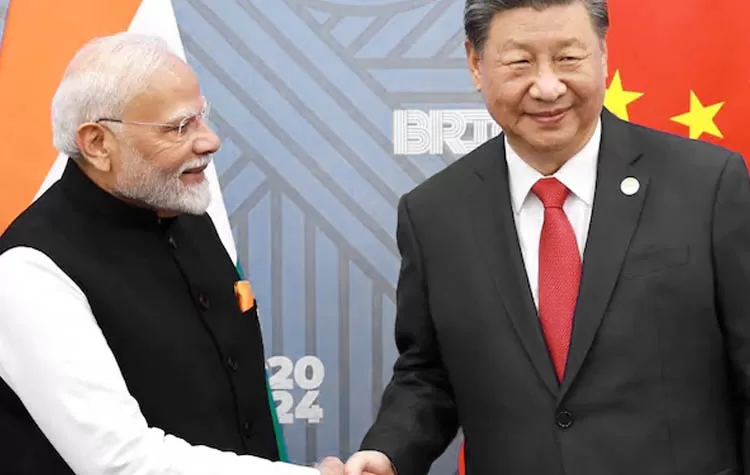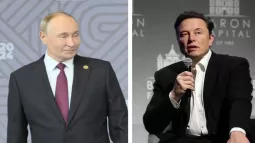
U.S. President Donald Trump's imposition of aggressive trade tariffs has triggered worldwide concern. China, for instance, reacted to the heightened trade measures by initiating an extraordinary diplomatic overture towards India. A high-level Chinese official went on record advocating that the two countries should synchronize efforts to traverse the rising economic pressure. The offer is evidence of the collective concern of emerging nations caught in surprise shifts in global trade policy.
China Invites India's Cooperation
New Delhi Chinese Embassy spokesperson Yu Jing recently spoke of the increasing economic burden imposed on China by United States tariff practices. In remarks that went viral, she welcomed increased India-China cooperation. China and India share long-term economic relations based on mutual interests, Yu said, and these could be used as a basis of countering the external trade hurdles.
She pointed out that U.S. tariffs, particularly those new ones, disproportionately hurt developing economies. Yu cautioned that trade wars rarely have definite victors and encouraged nations to honor global trade norms established by mutual dialogue. Her appeal was presented as a call for cooperation, not only between China and India, but for all nations affected by protectionist policies.
Escalation of Tariffs Between the U.S., China, and India
President Trump's government recently ratcheted up trade tensions by announcing fresh tariffs on several countries, including India and China. India is now subject to a 26 percent tariff, while China's overall tariff burden from the U.S. has risen to 54 percent after another 34 percent was added. These actions have raised fears of a long-drawn-out trade war.
In response, China imposed an equal 34 percent tariff on U.S. imports. The tit-for-tat continued when Trump retaliated with yet another tariff increase—this time an extra 50 percent on Chinese products. This raised the total U.S. tariffs on China to a whopping 104 percent, greatly affecting the trade dynamic between the two large economies.
Global Implications of the Trade Standoff
The escalating tariff trade war between the U.S. and China has hit alarm buttons in international markets. Economists and trade analysts caution that sustained disputes may lead to economic instability, especially in export-dependent nations. In the case of developing economies such as India, which has active trade with both the U.S. and China, the scenario presents a challenge of balancing diplomacy and economic interest.
The Chinese spokesman's words also represent a more general anxiety regarding unilateral trade decisions that skirt around multilateral processes. By underscoring the effect on the less-developed economies, China seems to be taking up a role as a champion of cooperative resistance against protectionist trade measures. The call for India's cooperation is put forward not only as a bilateral effort but as part of an overall pushback against disruptions to trade.
India's Role in the Changing Trade Landscape
Although India has not yet given an official response to China's plea, India is still a dominant force within the region's trade environment. With its burgeoning manufacturing industry and export base, India can benefit or lose considerable amounts based on the direction tariffs are heading in the world. Strategic alliances and trade alignments during the next several months may affect India's position on these matters.
As the international economic landscape continues to change, India might be inclined to rethink its trade policies and diplomatic interactions. The Chinese overture could be an initial indicator of more widespread attempts to establish regional consensus against abrupt tariff alterations. The results of these processes will probably determine the course of trade policy and global cooperation in Asia and beyond.














